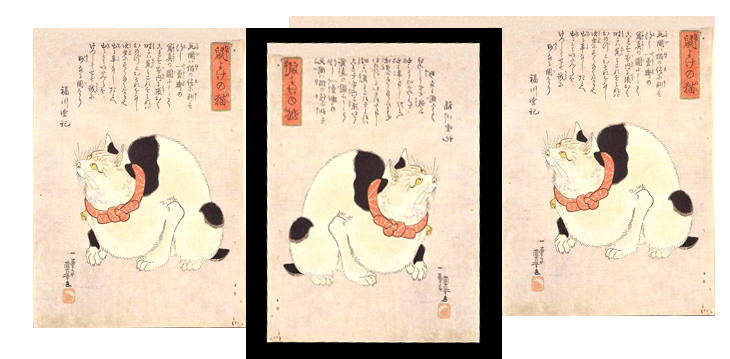To Pursue Human Good…
Writess Rooaevlet Montas in Why the Great Books Still Speak for Themselves and For Us
Liberal education is an approach to learning that foregrounds our existential condition. It takes seriously the idea that rational enquiry into the fundamental questions of life is a worthwhile endeavour for each of us. There is probably no more powerful tool for such an enquiry than open discussion, in small groups of dedicated readers, of seminal works from our literary and philosophical past.

In the US, most bachelor’s degrees include a nod to liberal education in the form of general education requirements – a set of courses outside of a student’s major or concentration that is meant to provide a common foundation of knowledge and skills for all. General education is liberal in that it is not subordinate to any specific professional or vocational aim, but focuses on the general competencies required in all fields. But following the theoretical developments in the humanities that I have described above, general education programmes at most US colleges have devolved into a hodgepodge of distribution requirements, often aimed at little more than introducing students to a variety of academic disciplines outside the major. Yet liberal education is precisely an education that is not pursued in the service of disciplinary, professional or occupational goals. A disciplinary approach to liberal education comes close to an oxymoron, and all the more so when the humanities disciplines have largely abandoned the idea of rational enquiry into the human good as a form of education.
If the approach to liberal education that I am describing sounds like the traditional education of social elites, it is because liberal education does significantly resemble that. And this, by itself, is no grounds for rejecting it. In fact, to cast liberal education as a mere affect of privilege is precisely to perpetuate the structures of social power that have long plagued our unequal society, and to put crucial tools for social, political and personal agency beyond the reach of those who need it most.
My point is simple: give the ‘underprivileged’ access to the cultural wealth that has long been the exclusive purview of the elite, and you will have given them the tools with which to subvert the social hierarchies that have kept them down. Beyond equipping them with marketable skills and the means for economic self-advancement, this deeper work of education is the most valuable gift that colleges and universities can give to young people. It is also the most valuable contribution they can make to a democratic society.








